Keynote Speakers
We are glad to announce the following distinguished researchers as keynote speakers for the GlycoBioTec2023:
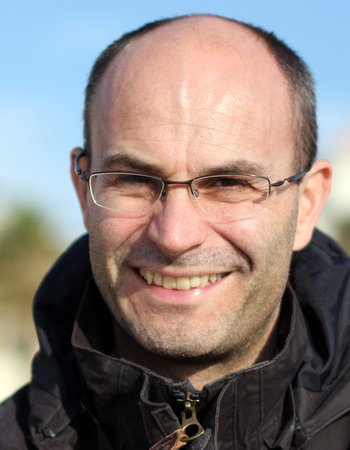
Horst Bierau
Horst Bierau is a Senior Scientific Advisor and heads the CMC Science & Intelligence group in the Healthcare division of Merck. He has 20 years of experience in biopharmaceutical product development for a variety of disease indications and his research interests focus on CMC development.
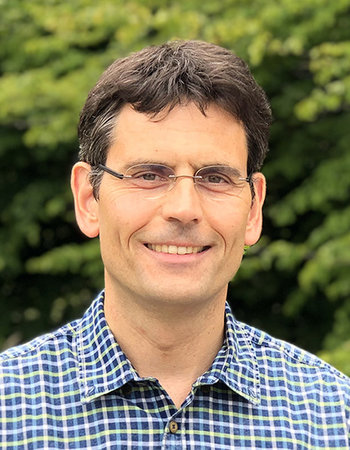
Kaspar Locher
Kaspar Locher studied Chemistry/Biochemistry at the Swiss Federal Institute of Technology (ETH) Zurich. He obtained a PhD in Biochemistry from the University of Basel in 1998, where he pursued studies with Prof. J. Rosenbusch at the Biozentrum. From 1999-2003, he was a post-doctoral researcher with Prof. Douglas Rees at the California Institute of Technology. In 2003, he joined ETH Zurich as an Assistant Professor and was promoted to Full Professor of Molecular Membrane Biology in 2013. Locher is interested in the structural and mechanistic studies of membrane proteins. His research focus includes the investigation of glycosyltransferases that are part of the protein N-glycosylation machinery. His goal is to assemble molecular "movies" of these essential biochemical reactions by combining high resolution protein structures with biochemical and biophysical studies. In addition to generating insight into the mechanism of physiologically important reactions, his studies provide opportunities for future drug discovery.
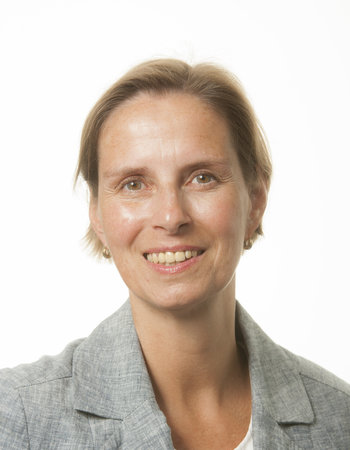
Katja Parschat
Katja Parschat is Head of the R&D department at the Chr. Hansen HMO GmbH that is part of the Danish bioscience company Chr. Hansen A/S. The Chr. Hansen HMO GmbH focusses on the development of economic production processes and the production of Human Milk Oligosaccharides (HMOs). The R&D team in Germany engineers E. coli to highly productive HMO producers and develops efficient fermentation processes. In addition, a team of scientists in Denmark investigates beneficial health effects of HMOs in in-vitro, in-vivo and in clinical studies. Katja Parschat holds a PhD in molecular microbiology from the Carl von Ossietzky University in Oldenburg. After a post-doc period at the University of Münster she started working in the field of HMO process development and HMO applications.
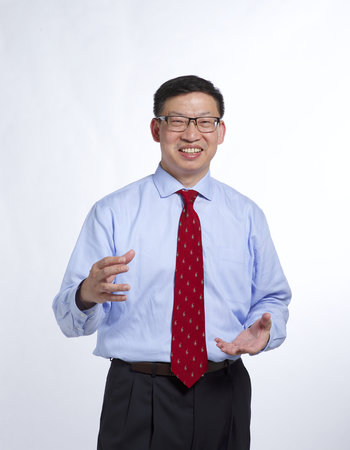
Lai-Xi Wang
Lai-Xi Wang is Professor of Chemistry and Biochemistry at the University of Maryland, College Park. He received his PhD from Shanghai Institute of Organic Chemistry, Chinese Academy of Sciences. After postdoctoral studies in glycobiology and molecular biology at Johns Hopkins University and MIT, respectively, he joined the faculty of University of Maryland as an assistant professor in 2000 and was promoted to full professor in 2009. His research focuses on development of new chemoenzymatic methods for glycoprotein synthesis and antibody glycoengineering and on their applications for functional studies and drug discovery. The site-specific Fc glycan remodeling method developed by his team enables a quick access to various homogeneous antibody glycoforms for immunological studies. More recently, his team has developed a general and efficient chemoenzymatic approach for site-specific antibody labeling and bioconjugation. It provides a platform technology for producing homogeneous antibody-drug conjugates and antibody-ligand conjugates for therapeutic development.
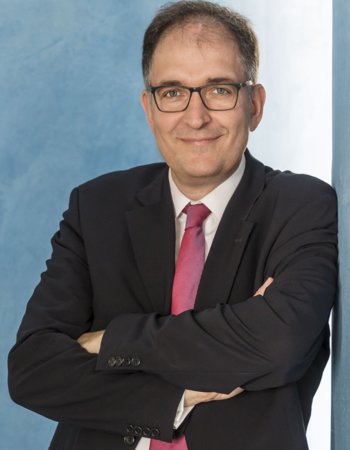
Peter Seeberger
Peter H. Seeberger studied chemistry in Erlangen (Germany) and completed a PhD in biochemistry in Boulder (USA). After a postdoctoral fellowship at the Sloan-Kettering Cancer Center Research in New York he advanced to tenured Firmenich Associate Professor of Chemistry at MIT. After six years as Professor at the Swiss Federal Institute of Technology (ETH) Zurich he assumed positions as Director at the Max-Planck Institute for Colloids and Interfaces in Potsdam and Professor at the Free University of Berlin in 2009. Since 2021, he is a Vice President of the German Research Foundation (DFG) the main funding body in Germany. He is a member of the governing body of the Max-Planck Society (“Senate”) and the Veterinary University (TiHo) Hannover (“Stiftungsrat”).
Professor Seeberger’s research has been documented in over 630 peer-reviewed journal articles, five books, more than 50 patents, and more than 900 invited lectures. This work was recognized with more than 35 international awards. Seeberger has been the Editor-in-Chief of the platinum open access Beilstein Journal of Organic Chemistry and serves on the editorial advisory boards of many other journals. He is a co-founder of the Tesfa-Ilg “Hope for Africa” Foundation. The research in the Seeberger laboratory has given rise to several successful companies in the USA, Switzerland, Denmark and Germany.
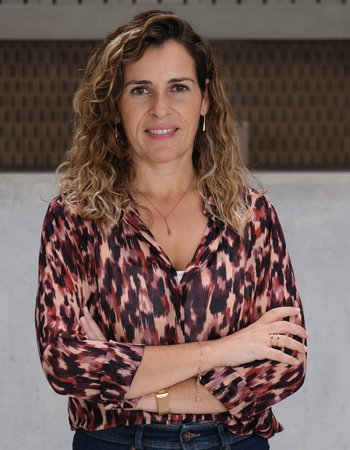
Salome Pinho
Salomé Pinho received her D.V.M. from the University of Porto in 2004 and developed her PhD research at the Institute of Molecular Pathology and Immunology of Univ. Porto (IPATIMUP) and at Boston Medical School, MA, USA from 2006 to 2009. She performed her postdoctoral work at University of Porto in the cancer glycobiology field. At present, she is Principal Investigator at the Institute for Research and Innovation in Health (i3S) at University of Porto and Professor at Faculty of Medicine of University of Porto, Portugal. Her research activity is focused on the understanding of the role of post-translational modifications by glycosylation in the regulation of key proteins´ functions involved in cancer, chronic inflammation and autoimmunity, envisioning potential clinical applications. She is author of several publications in international peer-reviewed journals (as first and senior author) including Nature Reviews Cancer, Oncogene, PNAS, Gastroenterology, Arthritis & Rheumatology; Cancer Immunology Research among others. She coordinates a multidisciplinary research group (Immunology, Cancer & GlycoMedicine) at i3S composed by Post-Docs, PhD students, Master students, young researchers and clinical researchers. She is the Principal Investigator of several national/international funded projects in the field of glycobiology, cancer and inflammatory diseases, including the coordination of Horizon Europe grants and ERC grants. She has been awarded with several prizes including the Young Investigator Award from the European Association for Cancer Research; the Glycobiology Significant Achievements award in 2020 by the American Society of Glycobiology and the Pfizer Award for Clinical Research in 2021.